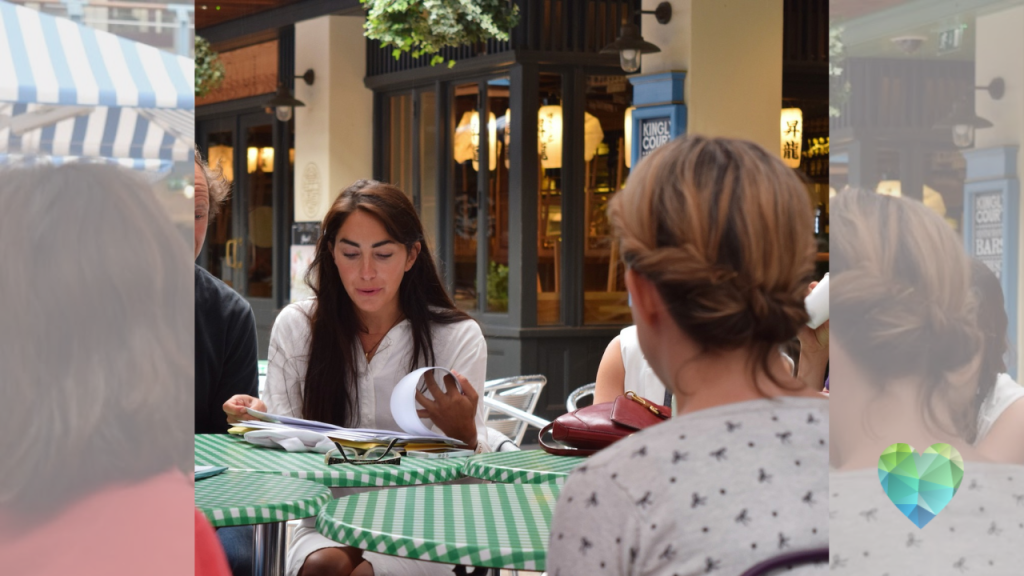
3 Ways To Drop From Over Thinking Into Being
In this short meditation class we learn 3 ways to go from over thinking to simply being. We also share a beautiful reading from 1922 which helps illustrate our three new ways of experiencing everyday things.
I hope you enjoy this short guide, taken from one of our recent Zoom group meditation sessions.
- Thinking (reasoning, judging, working out, drawing a conclusion, analysing)
- Sensing (feeling, touching, looking, hearing, holding, pleasure and enjoyment)
- Being (accompanying, without labels or concepts)
Drop From Over Thinking Into Being (YouTube)
Drop From Over Thinking Into Being
In this session we enjoyed a lovely piece of writing called ‘Things’, from disenchantment by C. E. Montague (1922).
Among the mind’s powers is one that comes of itself to many children and artists. It need not be lost, to the end of his days, by any one who has ever had it. This is the power of taking delight in a thing, or rather in anything, everything, not as a means to some other end, but just because it is what it is, as the lover dotes on whatever may be the traits of the beloved object.
A child in the full health of his mind will put his hand flat on the summer turf, feel it, and give a little shiver of private glee at the elastic firmness of the globe. He is not thinking how well it will do for some game or to feed sheep upon. That would be the way of the wooer whose mind runs on his mistress’s money. The child’s is sheer affection, the true ecstatic sense of the thing’s inherent characteristics.
No matter what the things may be, no matter what they are good or no good for, there they are, each with a thrilling unique look and feel of its own, like a face; the iron astringently cool under its paint, the painted wood familiarly warmer, the clod crumbling enchantingly down in the hands, with its little dry smell of the sun and of hot nettles; each common thing a personality marked by delicious differences.
C. E. MONTAGUE Disenchantment, 1922

